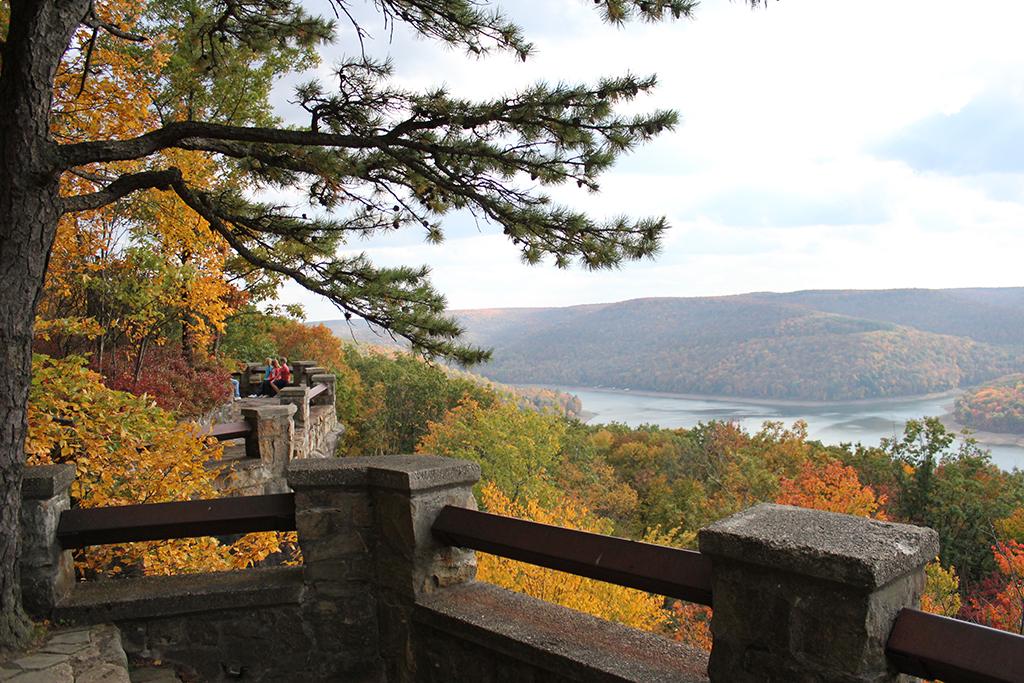
Recreation areas are impacted by climate change
Forests provide a vast array of recreation opportunities, such as hiking, bird watching, winter sports, hunting, and water sports. Climate change will alter the opportunities and demand for outdoor recreation and the infrastructure that supports it in a number of ways. These include challenges to the sustainability and local feasibility of snow-based recreation, opportunities for an expanded warm-weather recreation season, and evolving risks to visitors from extreme weather events and health-related impacts.
Learn more about climate impacts to recreation (USDA Climate Change Resource Center)

Adaptation in Action
There is no single answer on how to best adapt our recreation management to climate change, and adaptation responses will vary by location based upon the magnitude of climate impacts, the inherent resilience of ecosystems, and the values and resources of local communities. We have created resources to help land managers anticipate climate change impacts and identify adaptation actions.
We are currently developing and testing a set of Adaptation Strategies and Approaches designed specifically for outdoor recreation infrastructure and activities. Drawing from a large body of scientific literature and designed to be used with the Adaptation Workbook, this new resource will help managers understand and select from a wide variety of climate-informed actions that support recreation management.
Read a real-world case study example: Mark Twain National Forest: Red Bluff Recreation Area

Work with Us
We provide training and technical assistance to natural resource professionals and land owners to support climate-informed land management. Examples of our work include:
- Working with U.S. Forest Service National Forests to plan and facilitate adaptation options for recreation areas
- Providing resources and on climate change impacts to recreation and adaptation responses
- Creating tools to support the adaptation of forests to climate change, while also considering recreation
- Develop real-world examples of how climate-informed management of forests can achieve goals related to the management of recreation areas
